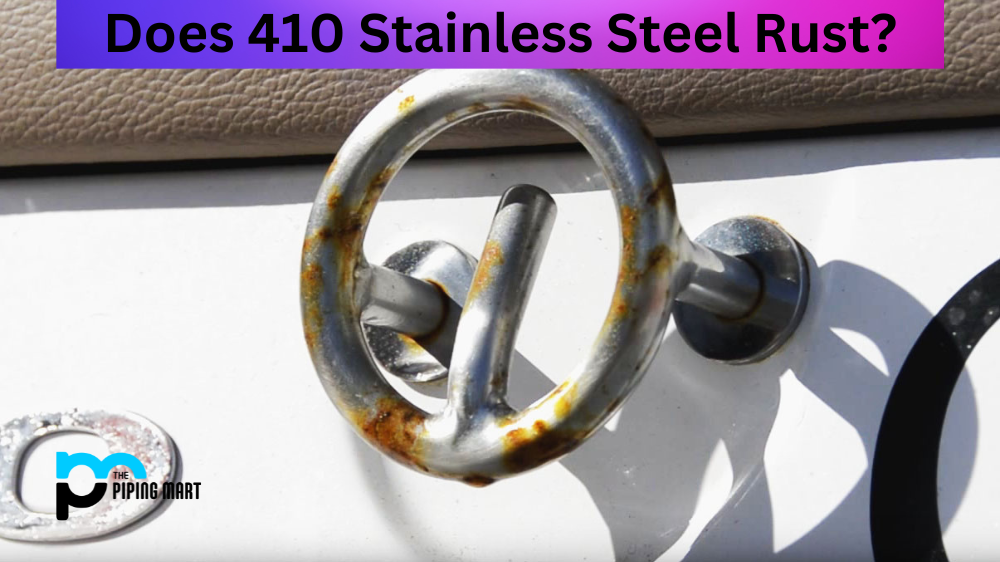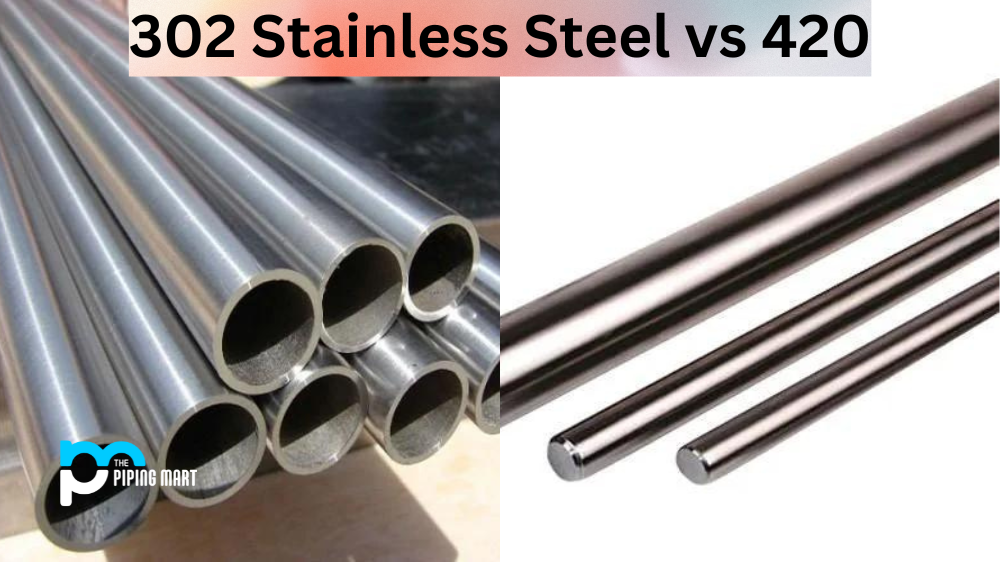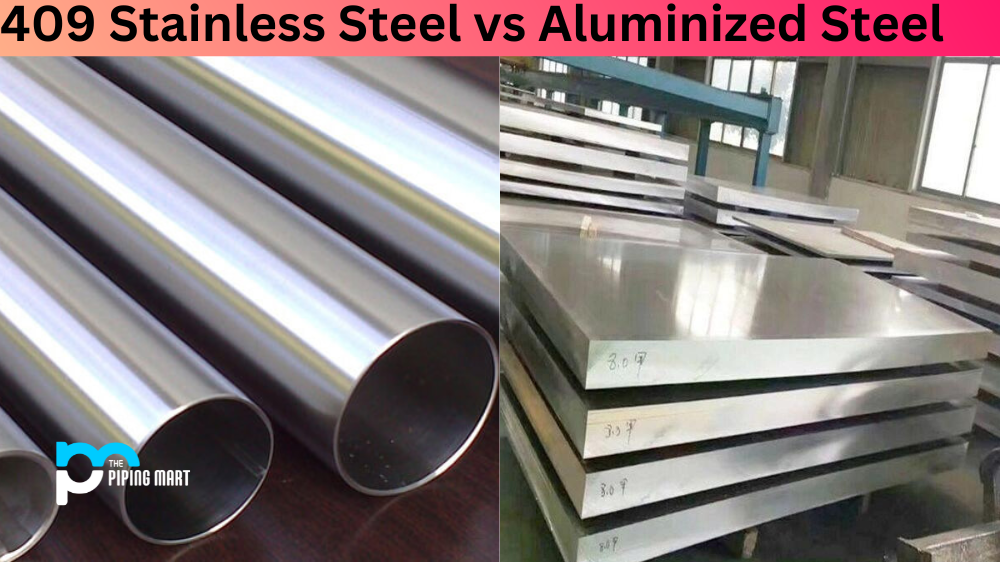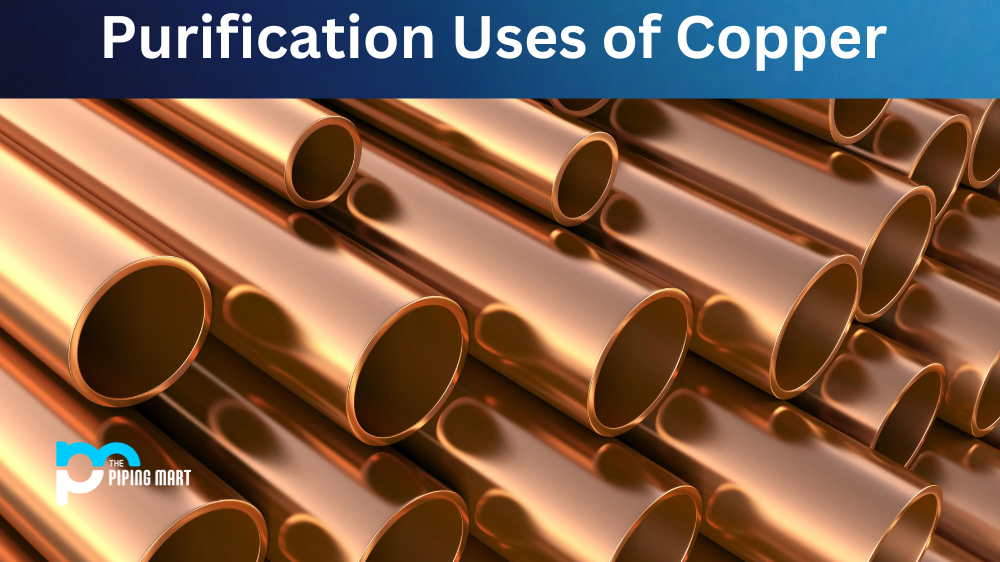If you are in the market for a durable, long-lasting stainless steel product, 410 stainless steel is an excellent option. But one of the most common questions that people have about this type of metal is whether or not it can rust. The answer to this question isn’t as simple as a yes or no, but it’s definitely worth exploring further.
What Is 410 Stainless Steel?
First, let’s take a look at what exactly 410 stainless steel is and why it’s so popular. It is a type of martensitic stainless steel alloy which contains 11.5% chromium by weight. This type of alloy was designed to be corrosion-resistant and highly resistant to oxidation at elevated temperatures up to 1300°F (704°C). It also has good ductility properties and can be hardened by tempering and quenching processes.
Can 410 Stainless Steel Rust?
The short answer is yes—410 stainless steel does have the potential to rust if exposed to certain elements over time. However, because this alloy contains 11.5% chromium by weight, it will usually resist rusting better than other types of stainless steel alloys that contain lower levels of chromium content. That said, it’s still important to keep in mind that even the highest-quality materials can corrode if exposed to the right conditions for long enough periods of time.
What Are The Conditions That Can Cause 410 Stainless Steel To Rust?
The main factors that can cause 410 stainless steel to rust include exposure to moisture, saltwater, and high levels of acidity or alkalinity in its surrounding environment. Additionally, prolonged exposure to air-containing sulfur compounds can also lead to corrosion of this type of material over time. This means that if you plan on using any products made from 410 stainless steel in areas with these environmental conditions, then you should take extra steps such as regular cleaning and sealing in order to ensure that they don’t develop any rust spots prematurely.
Conclusion:
In conclusion, while 410 stainless steel does have the potential to rust if exposed to certain elements over time, its higher chromium content makes it more resistant than other types of stainless steel, which contain less chromium content by weight. If you plan on using products made out of this type of metal in environments where there may be high levels of moisture or acidity present for extended periods of time, then it’s important that you take extra steps, such as regular cleaning and sealing them in order keep them safe from corrosion and ensure their longevity.

Pipingmart is a B2B portal that specializes in metal, industrial and piping items. Additionally, we share the latest information and information about materials, products and various types of grades to assist businesses that are involved in this business.




